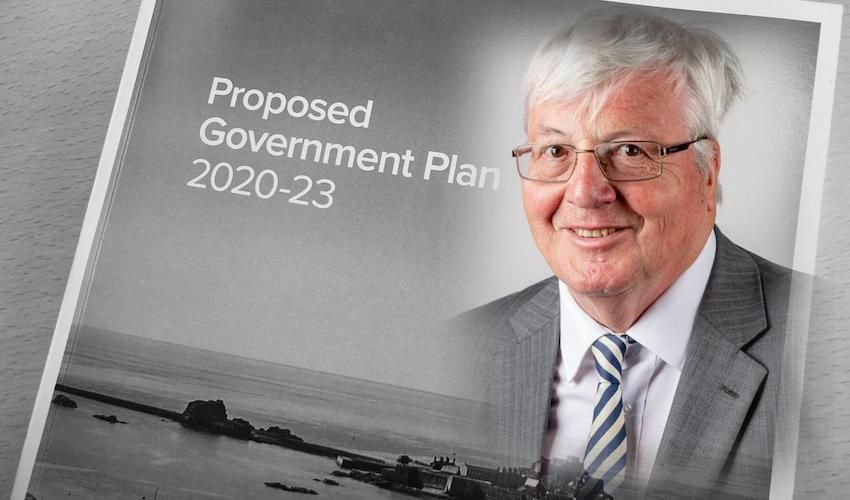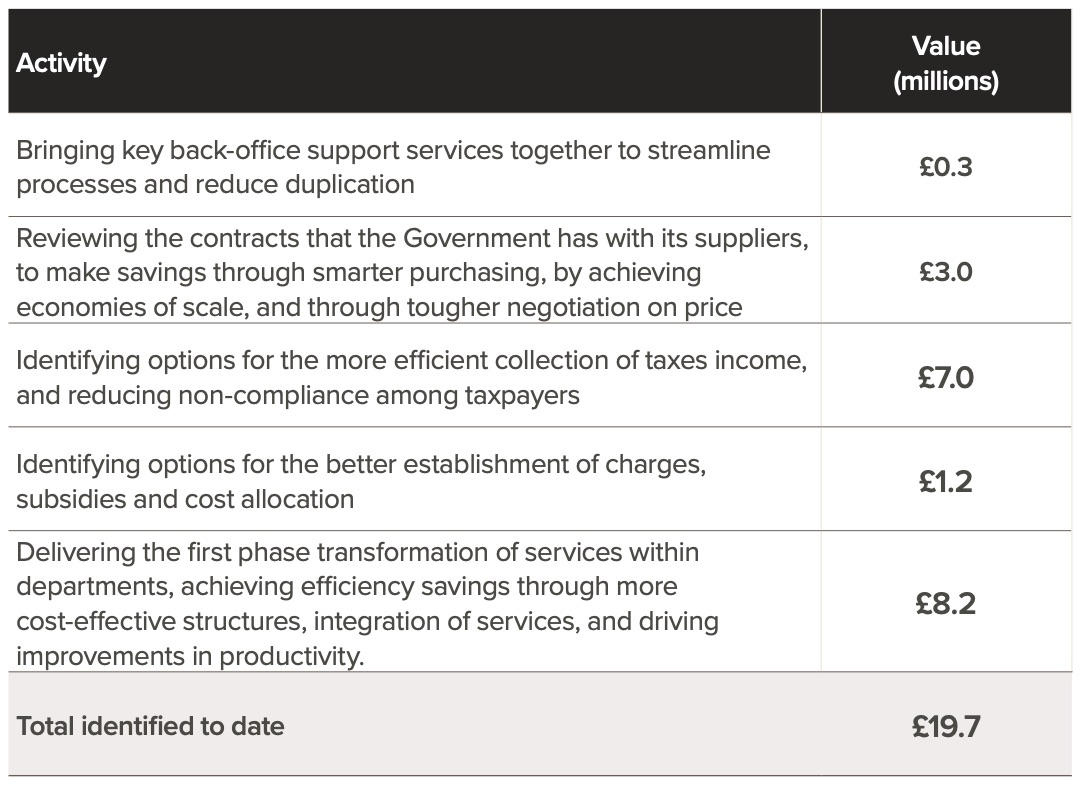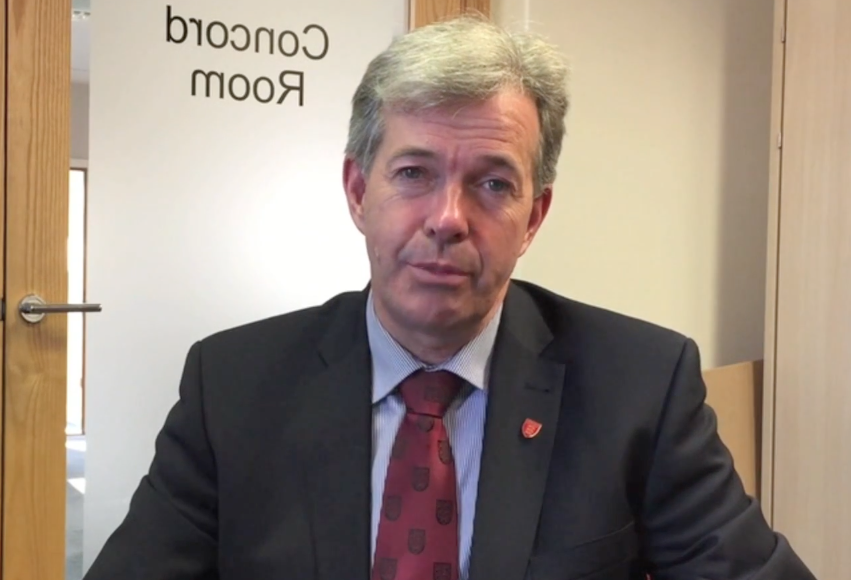


The Government has announced it is already one fifth of the way towards its £100m savings target in just six months - but at least one Minister is not convinced the whole programme will work.
The Government Plan - a roadmap for how the Council of Ministers intend to shape the island between 2020 and 2023 - was published this week.

Pictured: What has been saved to June 2019, according to the Government Plan.
But, to avoid hiking taxes too far, the spending proposals were instead underpinned by a pledge to make £100m in savings over the next four years as part of Chief Executive Charlie Parker's 'OneGov' public sector reform plans - an ambition the Environment Minister, Deputy John Young, told Express he's not sure will be achieved.
"In the wings, we've got this issue about the uncertainty of savings. What we know is that if these savings don't materialise then some of those priorities are not going to happen," he said.
Asked if he had confidence that the full scale of savings could be achieved, Deputy Young commented: "The honest truth, no. I think at the moment I've not seen the evidence."
According to the Chief Minister, Senator John Le Fondré, and Chief Operating Officer, John Quinn, many of the savings are being achieved through changes to the government's procurement process, "reducing duplication", and headcount/vacancy management.

Pictured: The Chief Minister claims the savings can be made via methods such as headcount/vacancy management.
The issue of headcount management is one that raised questions for the Environment Minister, who explained: "I've just sent a note to the Chief Executive, saying, 'What is the balance between back office staff that we've had to replace?' We've heard about replacing people through retirement. I've asked, 'What is the proportion of back office and what is the proportion of front-line services?' because I think it's important. We don't have that explanation at the moment. I'm told that the information is not yet there."
A "small core Efficiencies Programme team" has been working with government departments since January this year to identify where savings can be made.
Their work, so far, reportedly resulted in £19.7m saved by June 2019: £0.3m from reducing duplication, £3m from reviewing contracts with suppliers and price negotiations, £7m from tax collection initiatives, £1.2m from "identifying options for the better establishment of charges, subsidies and cost allocation" and £8.2m from the "transformation of services" and "driving improvements in productivity."
Mr Quinn explained during a briefing earlier this week that some efficiencies were being achieved through reducing paperwork and moving to generic medicines rather than specific brands in the area of health, however the Government Plan provides no further details of specific initiatives.
It comes during a week that the government was blasted for using too much "jargon", rather than accessible and specific terminology, by the Public Accounts Committee (PAC).
Chair of the Committee, Senator Sarah Ferguson, commented: "The PAC is concerned that with a proliferation of jargon, it is difficult to quantify costs and identify savings."

Pictured: Senator Sarah Ferguson chairs the Public Accounts Committee (PAC).
According to the Government Plan, it is expected that a further £20m will be saved this year, and final plans of how efficiencies will be allocated to departments will be presented to the Council of Ministers in October 2019.
Meanwhile, it is no clearer where the government's forecast £30million black hole in the public purse - something largely used to justify staff cuts and the savings programme - came from.
According to information provided following a request under the Freedom of Information (FOI) Law, the figure came following a "strategic assessment". But when Express asked for a copy of this strategic assessment under FOI Law, the request was refused after heavy delays.

Pictured: Mystery still surrounds how the government arrived at the forecast figure of a £30million deficit.
While officials acknowledged in their response that providing the information would "promote accountability", as well as helping the public understand "the methodology underlying the proposed financial savings", the government added that it needed a "safe space" to develop its money-saving policy, and that this therefore outweighed the public interest in transparency.
Express challenged this, but was this week once again refused access to the exact data used to calculate the deficit.
Some additional information was provided, however: "Based upon typical government and public-sector transformation programmes, assuming an annual steady-state base expenditure position of £750m from 2020 onwards (£735m for 2018 and 2019) and assuming mid-range efficiency percentage savings per annum (4% was the basis for the calculation), the States could generate savings of £30m in 2019. This would help to address the budget deficit in 2020."
Comments
Comments on this story express the views of the commentator only, not Bailiwick Publishing. We are unable to guarantee the accuracy of any of those comments.